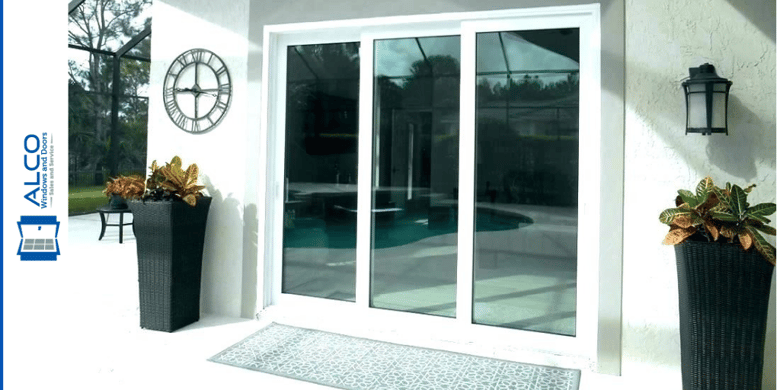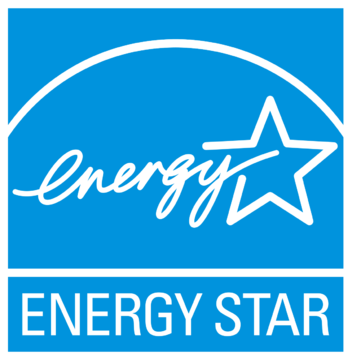Florida is obviously known as the Sunshine State, so homeowners and businesses want to know right away if impact windows can be tinted. The answer is a qualified yes!
Both impact windows and doors can be tinted to suit your taste, as well as maximize energy efficiency and increase your privacy.
A Potential DIY Project?
You can even technically use your own DIY tint. The problem with that, though, is that you have to install the tint perfectly and ensure that your DIY tint is compatible with your impact window's solar absorption rate.
Typically, films with a solar absorption rate of more than 50 percent, or films intended to be used on your car windows, are inappropriate window films for impact windows in your home or the workplace.
Window Film and Cracking
One myth about impact windows is that their construction makes tinting a huge issue. That's not really true.
The belief behind the myth goes something like this: adding tint to impact windows will cause the window to get so hot that it cracks.
Although impact windows have an inner PET or PVB layer and argon gas, there's room between the exterior pane and this inner layer on your impact windows, so you won't have to worry about film causing your impact windows to overheat.
The same goes for impact doors using similar impact window technology.
Tints to Use
As long the solar absorption rate on your impact window's film is kept in an acceptable range, you do not risk cracking the window.
The danger is that a lot of solar energy is reflected back into your impact window, which can indeed cause the window to overheat.
You want a window film that is non-reflective and has the right solar absorption rate for your impact windows.
You also want a film that is light and specifically approved for impact glass so that you don't risk overheating the glass and cause additional stress on the windows.
Checking the Results
Impact windows can be tested using a full-spectrum analysis tool to take a sample and determine how much heat and solar energy is being blocked versus reflected back into the glass.
You want a window tint that has a high rate of infrared rejection, which means that heat isn't going back into your impact window and causing stress.
A properly installed, thin layer of film really can enhance the energy efficiency of your impact windows.




 License # CGC1526312
License # CGC1526312
Leave a Reply